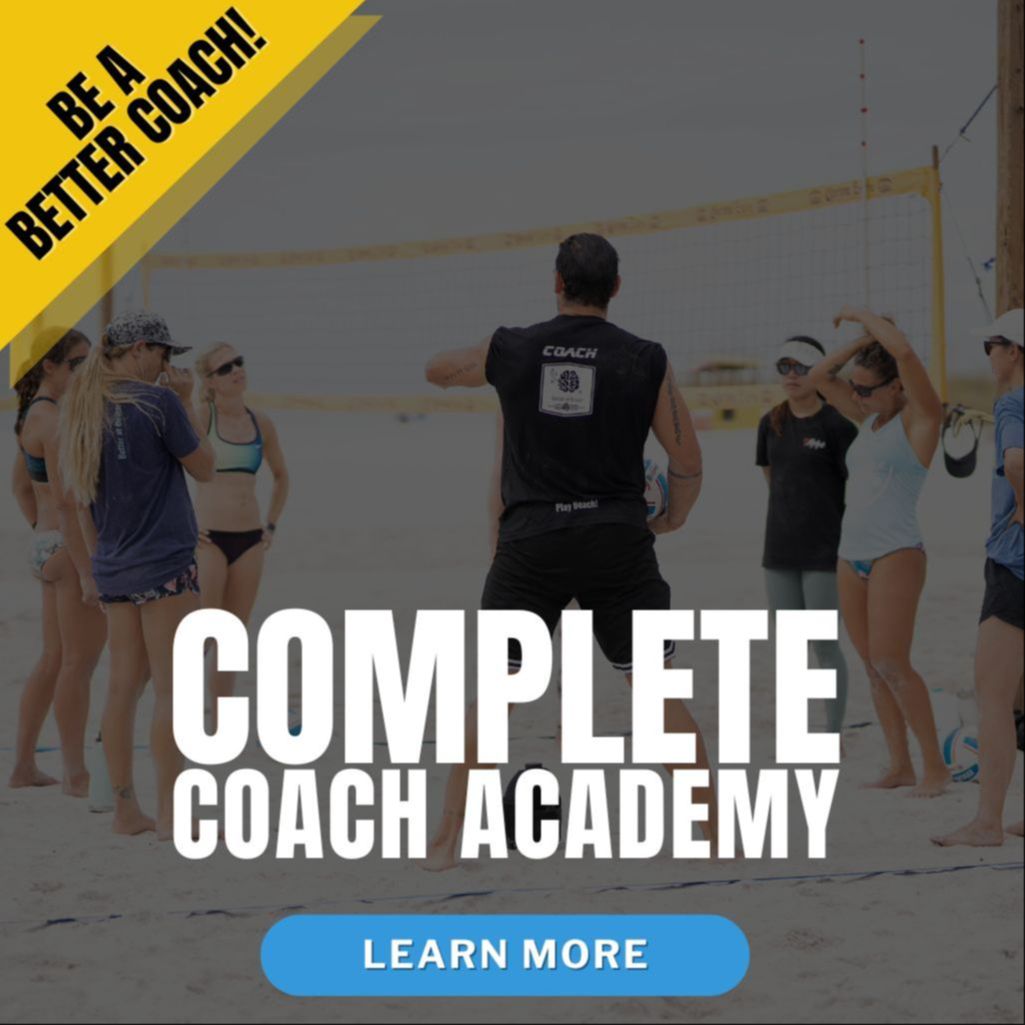
Beach Volleyball Juniors Parent Guide | Supporting Your Athlete in The College Recruiting Process
Parent’s Role: Supporting Without Overstepping
The parent’s role in beach volleyball recruitment is essential—but it’s a fine line between helpful and overbearing. After working with hundreds of families through the Better at Beach College-Bound program, we’ve learned what truly makes a difference. Here's your complete guide to supporting your athlete effectively—without overstepping.
🎯 The Balanced Role of a Supportive Parent
✅ Where to Lean In:
-
Financial support
-
Transportation and logistics
-
Emotional encouragement
-
Academic planning
-
Organizing schedules and travel
🚫 Where to Step Back:
-
Communicating with coaches
-
Giving technical feedback
-
Managing team dynamics
-
Discussing playing time
-
Overseeing training sessions
🧠 Expert Tip
"The most successful recruits have parents who support from behind the scenes, letting their athlete take ownership of their journey."
— Mark Burik, Better at Beach Founder
💬 Communication Guidelines
👂 With Your Athlete:
-
Listen more than you speak
-
Ask open-ended questions
-
Offer steady encouragement
-
Respect their boundaries
-
Keep perspective and trust the process
🗣️ With Coaches:
-
Let your athlete take the lead
-
Be supportive, not directive
-
Step in only when appropriate
-
Stay professional and respectful
-
Use proper channels when necessary
🤝 With Other Parents:
-
Stay positive and supportive
-
Avoid comparing athletes
-
Share helpful resources
-
Foster a healthy team culture
-
Build community, not competition
🏆 Success Story
“Following Better at Beach’s parent guidelines helped me step back and let my daughter own her recruitment process. She’s now thriving at her dream school.”
— Jennifer M., Parent of Stanford Beach Volleyball Player
🏐 Tournament Behavior
👍 Do:
-
Cheer with positive energy
-
Stay silent during play
-
Support all teammates
-
Respect venue rules
-
Model sportsmanship
🚫 Don’t:
-
Coach from the sidelines
-
Criticize your athlete
-
Argue with officials
-
Compare your child to others
-
Show frustration
🎓 Supporting Academic Success
📘 Academic Support:
-
Help plan study time
-
Create a quiet study space
-
Arrange tutoring if needed
-
Monitor academic progress
-
Celebrate academic wins
⏱️ Time Management:
-
Balance school and sport
-
Build weekly routines
-
Plan travel around academics
-
Set clear, realistic expectations
-
Support scheduling and organization
💰 Financial Management
📊 Budget Planning:
-
Tournaments and training
-
Travel and lodging
-
Gear and equipment
-
Better at Beach program access
🎓 Scholarship Research:
-
Athletic scholarships
-
Academic awards
-
Local and merit-based grants
-
Need-based aid opportunities
⚠️ Common Parent Pitfalls
🚧 Over-Involvement:
-
Reaching out to coaches directly
-
Micromanaging training
-
Making recruitment decisions
-
Pressuring performance
-
Controlling the journey
🕳️ Under-Involvement:
-
Missing deadlines
-
Lacking logistical support
-
Inadequate planning
-
Limited resources or information
🔄 Blurred Boundaries:
-
Living through your athlete
-
Holding unrealistic expectations
-
Reacting emotionally
-
Undermining coaches or teammates
🛠️ Better at Beach Parent Support
The College-Bound Beach Volleyball Success Path gives you:
-
Parent education modules
-
Clear communication guidelines
-
Expert coaching strategies
-
Regular progress updates
-
Tools to empower your athlete
📚 Additional Resources
⭐ Program Member Tools:
-
Parent Education Series
-
Live Strategy Sessions
-
Expert Q&As
-
Community forums
-
Progress tracking reports
🟦 Support Your Athlete’s Journey the Right Way
Join our College-Bound Beach Volleyball Success Path and gain:
-
Step-by-step guidance
-
Proven support strategies
-
Expert mentorship
-
A team-focused parent community
Start Supporting Effectively →
🗓️ Next Steps
-
Evaluate your current role
-
Schedule a strategy session
-
Join the program for ongoing support
- Enroll now!
❓ Frequently Asked Questions
Q: How much should I communicate with coaches?
A: Let your athlete handle coach communication. We'll guide you on when and how to step in, if needed.
Q: What if my child isn’t self-motivated?
A: Our program helps parents build independence and long-term motivation in young athletes.
Q: How can I help without overstepping?
A: We provide clear, age-appropriate guidelines so you can be present without taking over.


